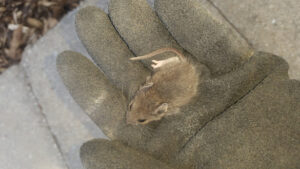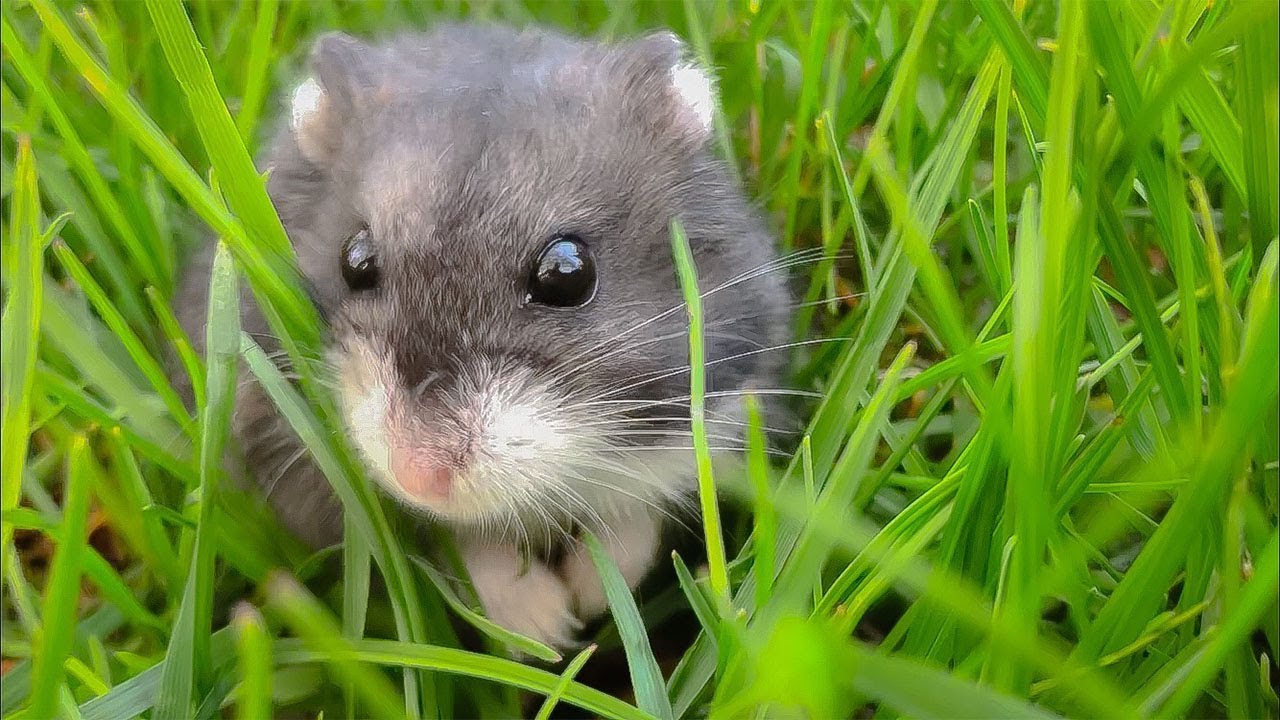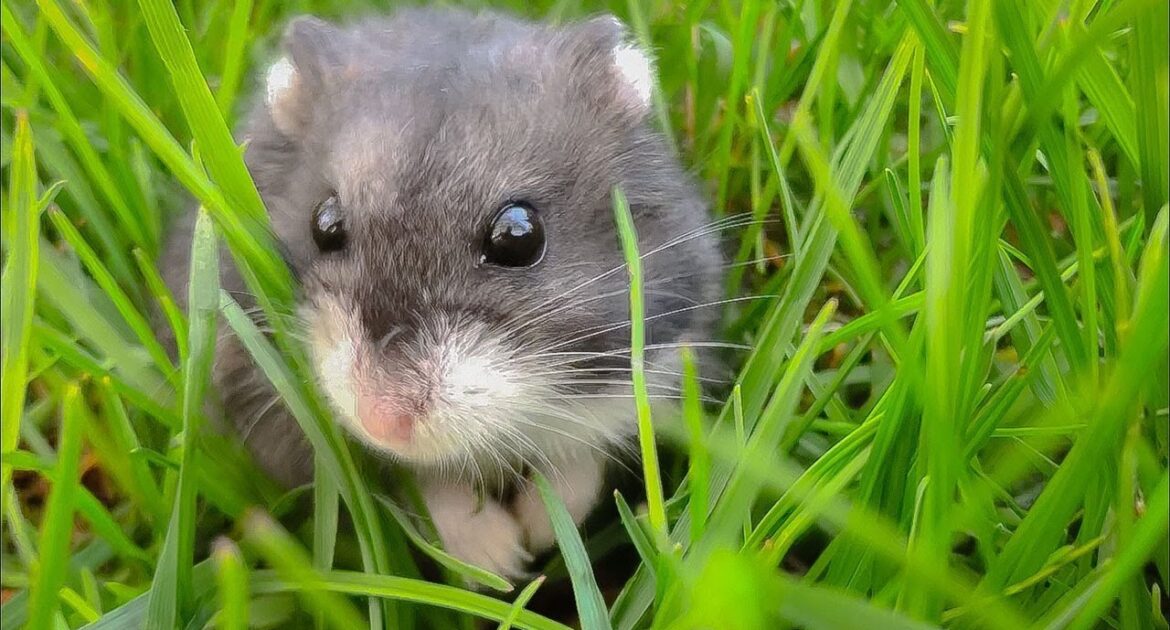There are studies to suggest that mice are more anxious around men than women. One study found that mice seemed to respond negatively to the scent of testosterone in male musk. While some have taken the findings to suggest mice avoid men, the lab study suggests mice respond the same to all males in most species, including cats, dogs, etc. While the study is interesting, does it have any implications on mice infestations in a residence? The current consensus among experts of mice control in Hamilton is the need for survival will always trump fear.
Are Mice More Likely To Inhabit Homes of Women?
While the experiment into the inherent fear of mice is interesting, the takeaways are less obvious. The primary implication of the experiment was that researchers need to account for the bias when conducting other studies, but that does not strictly relate to rodent infestations in households.
All the study suggests is that a mouse is more likely to hide around men than women, but the nature of a mouse is often to hide in the presence of any presumed predator. Therefore, in terms of an infestation, the results of the study are inconsequential. Every homeowner, regardless of gender, still needs to go about making their property unattractive and impenetrable to rodents.

Understanding the Motivation of Mice
Like all living things, mice want shelter, warmth, food, and water; unfortunately, houses provide all of those things. While a mouse might be afraid of men, the presence and access to all life’s essentials often supersede that initial fear.
A mouse does not need to come into contact with the resident of a house to enjoy the many bounties it provides. Most of the time, mice develop dwellings and nests within walls, attics, and ceilings of a structure, allowing them to navigate the property without ever seeing a human. Therefore, while the presence of a person might frighten a mouse, it doesn’t often come into contact with anyone.
Best Defense Against Rodents
The findings from the initial study might be misleading, leaving some to believe that having a male human or animal in the house will prevent rodent infestations, which is false. The best way to deter rodent problems is by eliminating access to food, water, warmth, and shelter.
If you do not already have a mouse problem, you can focus on sealing the exterior of your property. You will want to locate any cracks, holes, or vulnerable entry points and seal them using appropriate caulks or meshes.
You can also focus on clearing away any natural debris, like leaves, grass clippings, etc., from around the foundation of your home. It is also best to maintain a manicured lawn — if there are no decent hiding places on or near your property, mice are less likely.
Finally, make sure to keep any pet or human food inside. If your pets eat outside, you will want to bring their food in when they have finished and pick up any scraps. If you have bird feeders, make sure to clean up any seeds or nuts that may have fallen to the ground. Additionally, it is best to keep bird feeders away from the home. If you want to use birdfeeders, try placing them at the back of the property, away from the structure.
If you believe you already have mice in your home, contact a humane wildlife removal service to assist you. Skedaddle Humane Wildlife Control will send technicians out to your property to assess the area for evidence of the infestation. They will also help determine the best path forward, including some of the above steps. However, the focus is on natural removal and then sealing.




